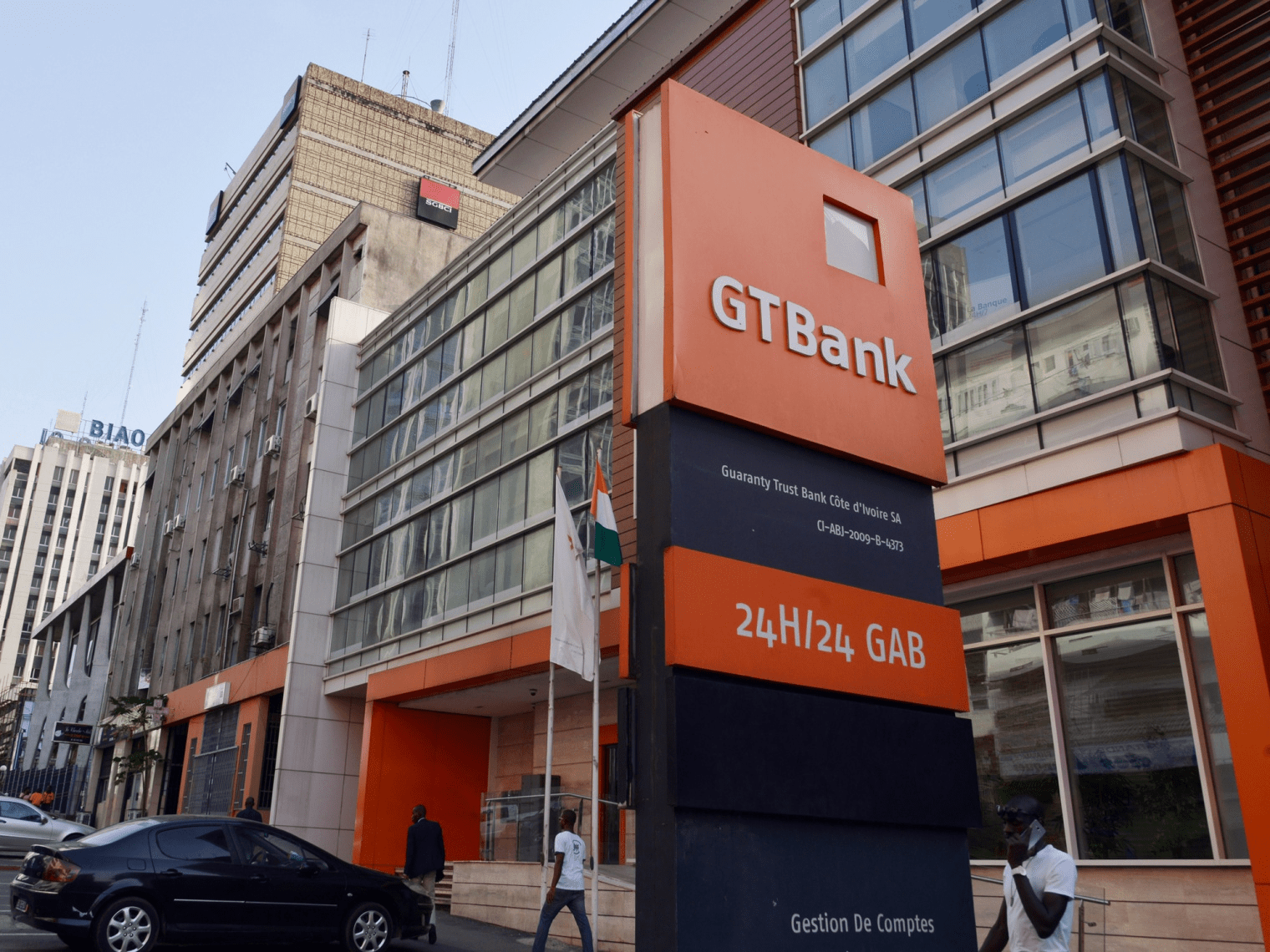Stability without security and well-being is like carrying water in a basket, contends
PAT ONUKWULI
When Dr. Ngozi Okonjo-Iweala, Director General of the World Trade Organisation (WTO), paid a courtesy call on President Bola Ahmed Tinubu, her words were received with both admiration and curiosity.
She praised the government’s efforts in removing fuel subsidies, unifying exchange rates, and tightening fiscal discipline. These reforms, she argued, had brought a measure of macroeconomic stability, and “you cannot improve an economy unless it is stable.”
At the same time, she added a caveat: stability must be followed by growth, job creation, and safety nets for those who bear the heaviest burden of reform.
The observation was balanced, yet it opened a broader debate. What is an economy in the first place? Is it merely the figures of GDP, inflation, or debt ratios displayed in glossy reports, or is it something more profound, something that touches the daily lives of ordinary people?
An economy is not simply a number on a balance sheet. It is a living system, the bloodstream of a nation. It comprises production, exchange, and consumption.
It stretches from the yam farmer in Benue to the oil rig in Bayelsa, from the small trader in Kano to the fintech hub in Lagos. It includes the markets, the transport routes, and the banks that allow value to circulate.
It is shaped by laws, policies, and institutions that provide order, and is influenced by external forces such as global commodity prices, remittances, and foreign investment. If any artery in this economic bloodstream, like production, distribution, or consumption, is blocked, the entire system weakens.
Nigeria’s recent statistics tell a complicated story. The economy grew by 3.13 per cent in the first quarter of 2025, with services accounting for more than half of total output.
A rebasing exercise now values GDP at about N372.8 trillion, or $244 billion. Oil output has edged up to 1.6 million barrels per day.
Inflation, though still high, has slowed to 21.88 per cent in July 2025, with food inflation at 22.74 per cent. The Naira, battered in earlier months, now trades around N1,540 to the dollar, a relative calm compared to past volatility. On the surface, these are signs of the stability Dr. Okonjo-Iweala acknowledged.
Yet beneath this veneer, the foundations remain shaky. Public debt has climbed to N149.39 trillion, raising serious sustainability concerns. Foreign capital inflows rose to $5.64 billion in Q1 2025, but more than 90 per cent of that was speculative portfolio investment, funds that can disappear at the first hint of trouble.
Foreign direct investment, which creates jobs and builds industries, remains negligible. And despite revisions that present unemployment at around five per cent, over 60 per cent of Nigerians live in multidimensional poverty, with many struggling to afford food, shelter, and healthcare.
This contradiction points to a more urgent truth: security and well-being are not afterthoughts in economics, but its very heart.
Without safety, farms are abandoned, factories close, and trade routes fall silent. Investors withdraw, and communities slide into despair.
Insecurity is already halting agriculture in the North and driving up food prices nationwide. Well-being is equally indispensable.
Development cannot be judged solely by exchange rate stability or declining inflation. As Amartya Sen has argued, actual progress lies in expanding people’s freedoms, the ability to live long, healthy, and dignified lives.
The question then arises: can stability coexist with insecurity and poverty? It can, but only for a while, and only on paper. Oil-rich Venezuela once recorded steady foreign inflows while its people starved.
Nigeria, too, can parade stable macroeconomic indicators while millions go hungry. But such stability is fragile. Insecurity erodes production. Poverty suppresses demand. Investors flee, and unrest brews. A house with fresh paint but rotting beams may impress the eye, but the first storm will reveal its weakness.
This tension was implicit in Okonjo-Iweala’s words. Was she speaking as the head of the WTO, or as a patriotic Nigerian?
In her role as WTO chief, her commendation echoed the familiar language of global orthodoxy, reforms, stability, credibility, and investor confidence.
These are terms that resonate in Geneva, Washington, and with international markets. Yet the WTO itself has long faced criticism for trade rules that constrain poorer countries while favouring more prosperous nations. From that angle, her words were not free of controversy.
But there was another tone in her message, the voice of a Nigerian daughter. She urged that jobs, higher incomes, and social protection must follow reforms.
She stressed that the pain of adjustment cannot be ignored. That concern betrayed the patriot who knows the sound of hardship in Nigerian marketplaces, where statistics mean little if the price of Garri or transport remains beyond reach.
Her dual voice is both a strength and a warning. It gives international legitimacy to the government’s reforms, which may boost investor confidence. Yet it also reminds policymakers that numbers alone cannot guarantee stability. Without attention to the lives of ordinary people, stability will be no more than a reprieve.
Aristotle once said that excellence is not an act but a habit; for Nigeria, stability must become a habit rooted in inclusive growth and credible institutions. John Rawls would insist that the measure of justice is how the least advantaged fare. By that principle, Nigeria’s economy will be judged not by what foreign investors say, but by what ordinary citizens experience.
The present moment is therefore a crossroads. Stability must not be mistaken for success. It must be a bridge to something more tangible, where farmers can work their fields without fear, where young people can find meaningful jobs, and where households can afford the basics of life. This will require more than rhetoric. It will demand credible social protection schemes, investments in agriculture and infrastructure, and an unrelenting commitment to security.
Dr. Okonjo-Iweala’s remarks should not be dismissed, nor should they be accepted without scrutiny. They serve as a reminder that stability is only the beginning. The actual test of economic management is whether it translates into dignity for the people.
Until Nigerians can feel stability in their daily lives, in cheaper food, safer roads, and better opportunities, it will remain a statistic, not a triumph.
In the end, the economy of a nation is not just the figures recited in official statements, but the lived reality of its people. Stability without security and well-being is like carrying water in a basket: impressive for a few steps, but bound to leak away.
Nigeria now stands between stability and survival, and the challenge is to ensure that today’s reforms do not become another cycle of promises deferred, but the foundation for a more secure, inclusive, and dignified future.
Dr. Onukwuli, a legal scholar and public affairs analyst, writes from Bolton, UK.
The post OKONJO-IWEALA: BETWEEN STABILITY AND SURVIVAL appeared first on THISDAYLIVE.


